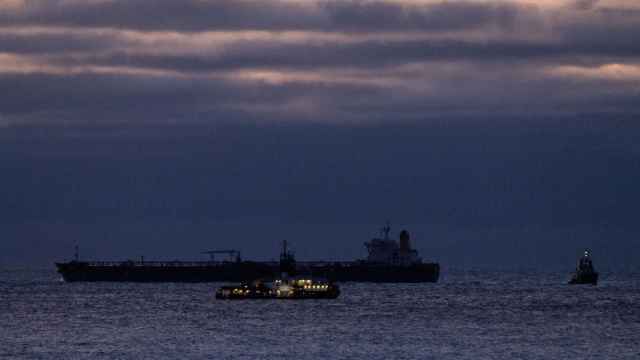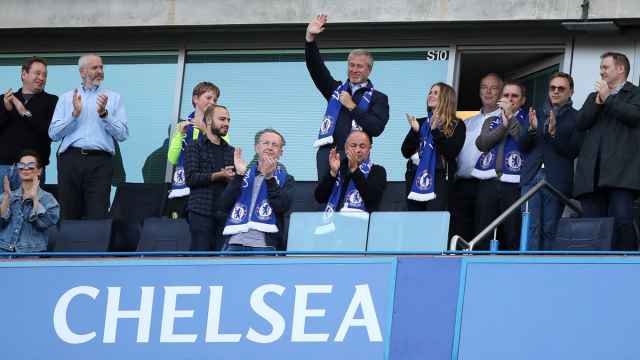The Kremlin's annual investment pitch to the world was overshadowed by one uncomfortable fact: Tens of billions of dollars are fleeing Russian assets ahead of the March 2012 election.
Russia may be one of the few places where foreigners can buy into both swift growth and vast mineral resources, but some local investors have been hedging against the country's tumultuous political history by buying dollars.
Behind the spin of the St. Petersburg International Economic Forum, which ended on Saturday, investors grappled with two questions: Who will rule Russia after the election, and why have there been net capital outflows of $55.6 billion over the past eight months?
President Dmitry Medvedev gave an answer of sorts.
He laid down his credentials for a potential re-election bid by warning that unless "my choice" of modernization is implemented, Russia faces stagnation two decades after the fall of the Soviet Union.
"The notorious stability could hide another period of stagnation," Medvedev told investors, impressing many but also prompting some to ask whether he would finally start acting on the many promises he has made but often failed to keep.
In previous years, Prime Minister Vladimir Putin has upstaged Medvedev during the forum by berating oligarchs or sealing big energy deals. This year, the 58-year-old former KGB spy met the health minister and the head of Russia's national archives in the capital.
"The two potential candidates are not 100 percent the same. It is visible not only in their political statements but also in their ages," said Anatoly Chubais, who headed late President Boris Yeltsin's campaign in the 1996 election.
"But at the same time, it would be wrong to consider these two candidates as opposite to each other."
Officials point to growth rates that the International Monetary Fund forecast will make Russia a $3.2 trillion economy by the end of 2016, or the fifth-largest economy after the United States, China, Japan and Germany.
Capital flight has been draining Russia's economy. Since the Soviet Union's collapse in 1991, Russia has had only two years of net capital inflows — in 2006 and 2007.
But with oil, the lifeblood of the Russian economy, trading at more than $100 a barrel, investors have been puzzled by a return to such sharp net capital outflows, which the Central Bank forecasts will reach $30 billion to $35 billion this year.
First Deputy Prime Minister Igor Shuvalov called the widely quoted capital outflow figures "dodgy" and said much of that money was not fleeing Russia but merely being changed into U.S. dollars and kept in accounts in Russia.
"Russia continues to be out of fashion — we are very late with reforms. We need to make a lot of swift movements to satisfy the foreign investor," said Sberbank deputy chief executive Bella Zlatkis, a former deputy financial minister.
"If we do not do this, then the capital outflows will continue despite the high oil prices," she said.
A Message from The Moscow Times:
Dear readers,
We are facing unprecedented challenges. Russia's Prosecutor General's Office has designated The Moscow Times as an "undesirable" organization, criminalizing our work and putting our staff at risk of prosecution. This follows our earlier unjust labeling as a "foreign agent."
These actions are direct attempts to silence independent journalism in Russia. The authorities claim our work "discredits the decisions of the Russian leadership." We see things differently: we strive to provide accurate, unbiased reporting on Russia.
We, the journalists of The Moscow Times, refuse to be silenced. But to continue our work, we need your help.
Your support, no matter how small, makes a world of difference. If you can, please support us monthly starting from just $2. It's quick to set up, and every contribution makes a significant impact.
By supporting The Moscow Times, you're defending open, independent journalism in the face of repression. Thank you for standing with us.
Remind me later.





